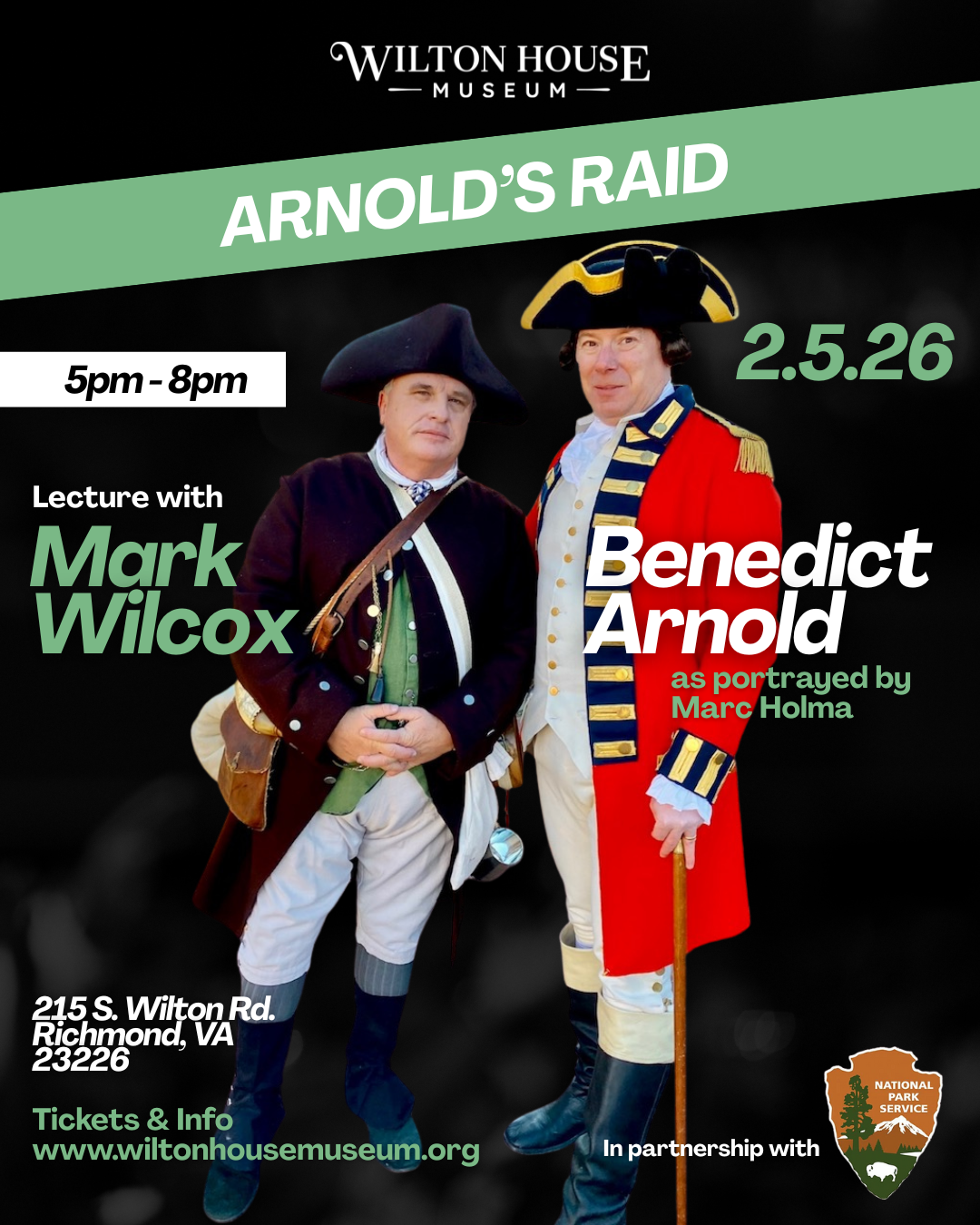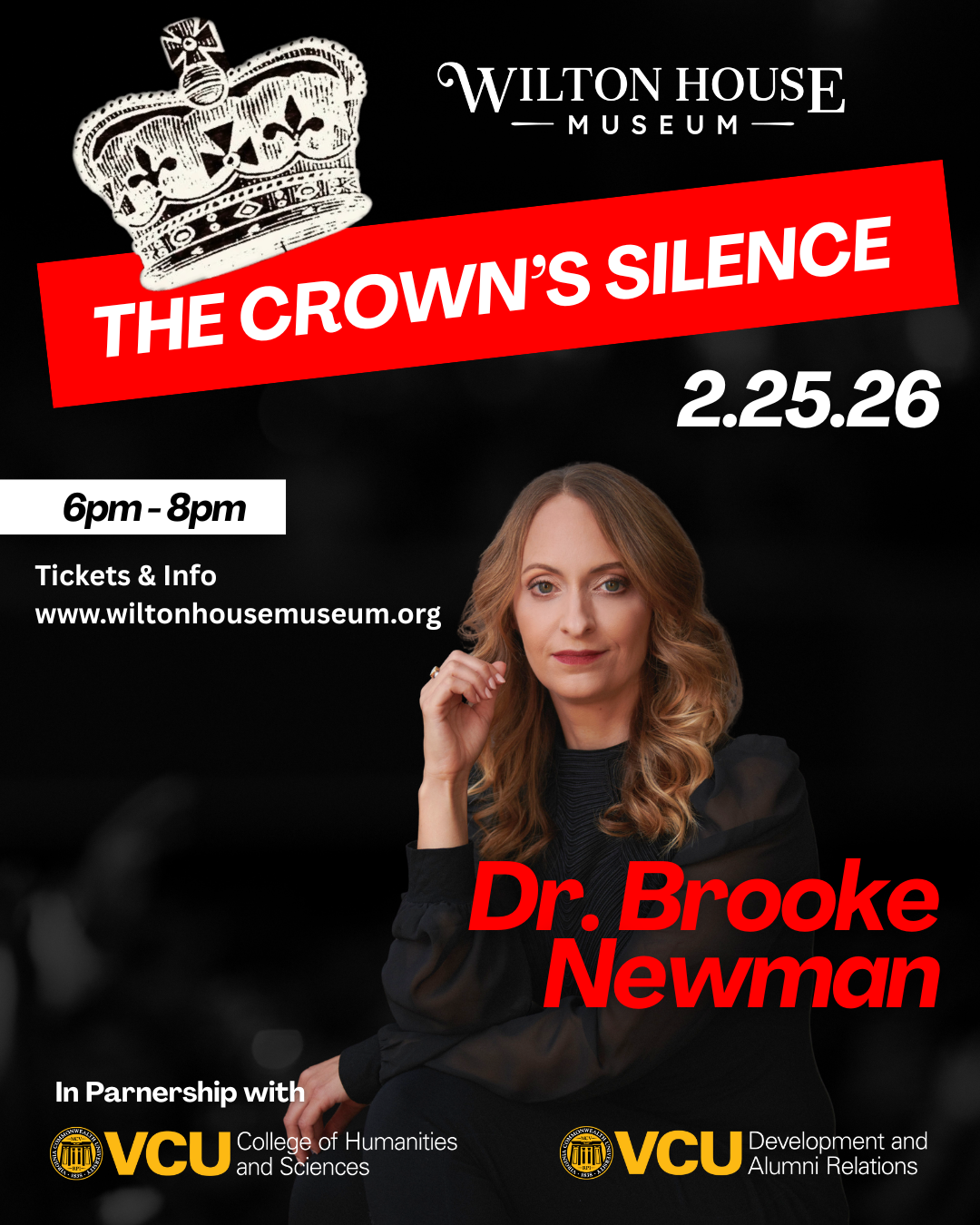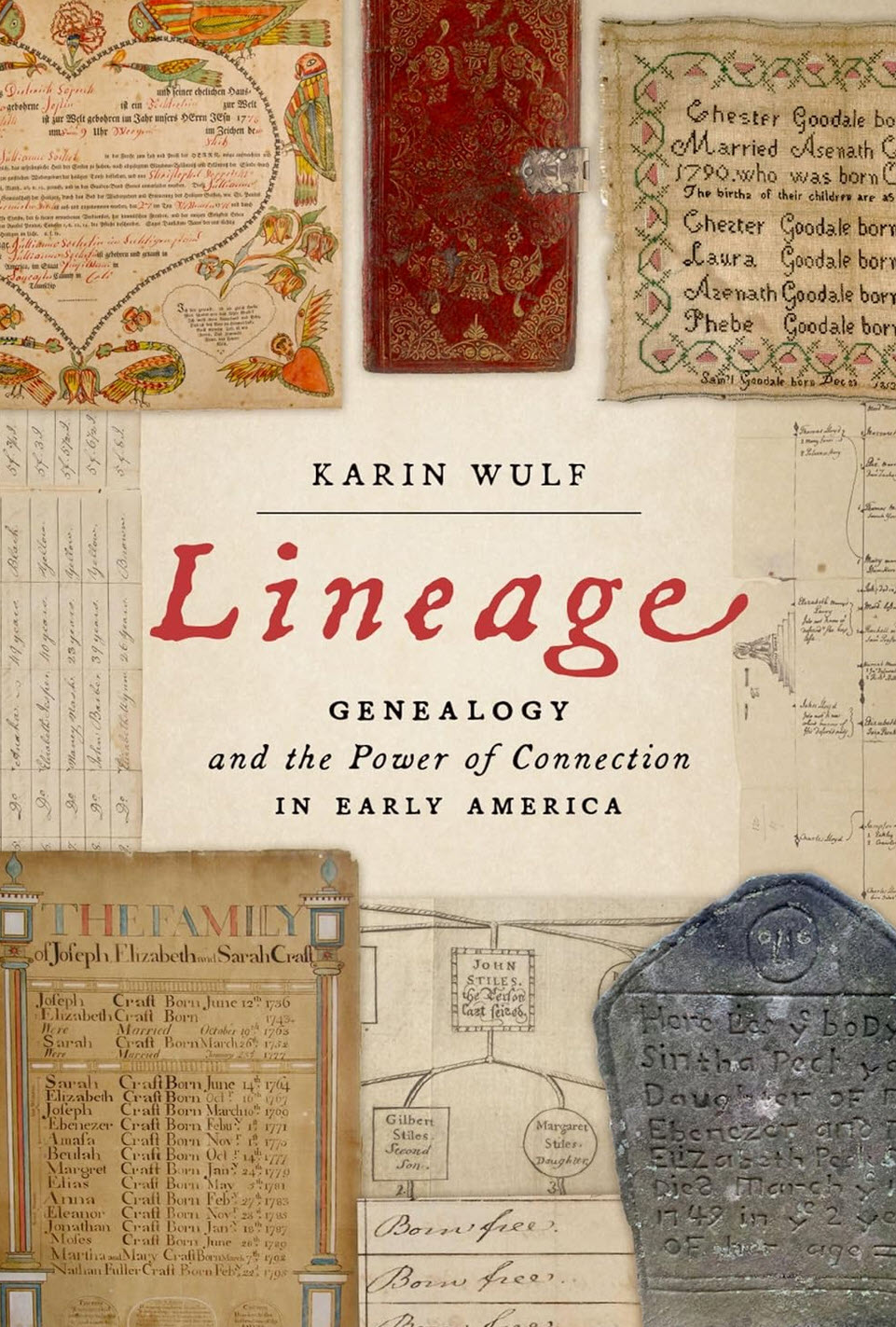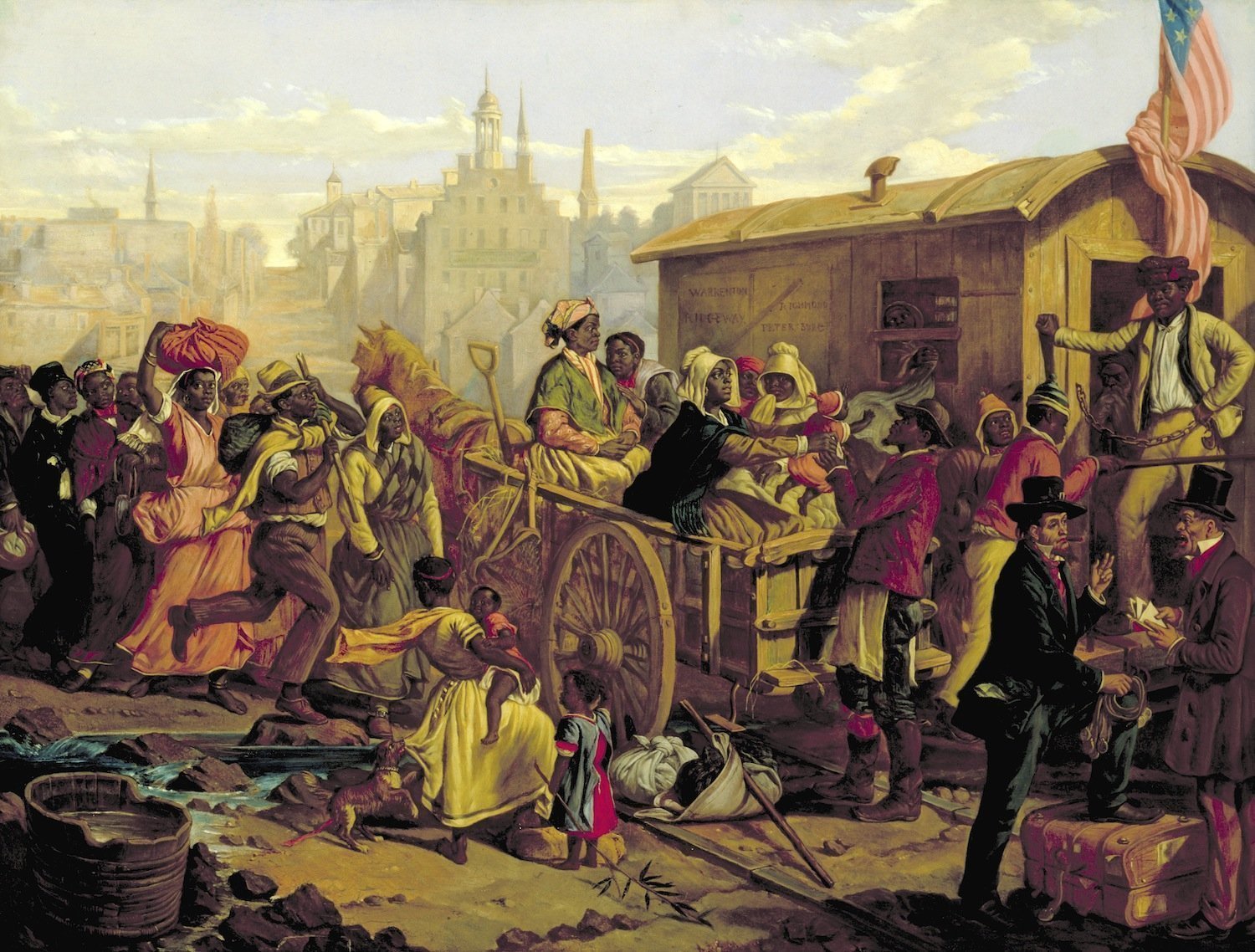Upcoming event
June 10, 2023
Join us on June 10th for an outdoor concert on the grounds of Wilton House Museum. Bring a picnic dinner and your favorite lawn chair for family-friendly music on our scenic terrace overlooking the James River. Lawns open at 5pm and music starts at 6pm.
Learn MoreUpcoming event
February 5, 2026
February 5, 2026

In the early days of January 1781, Richmond, Virginia, the still newly appointed state capital, was little more than a small port village of roughly 300 buildings and just over 600 residents. Yet for nearly six years, Virginia had played a vital role in the Patriot war effort, supplying a steady flow of soldiers and munitions. With British attention focused squarely on the southern colonies, re-conquering Virginia became essential to ending the American rebellion. The destruction of Richmond was only the beginning.
To carry out this objective, Benedict Arnold, the American traitor and newly commissioned brigadier general in His Majesty’s service, was dispatched with a mixed force of British regulars and American Loyalists. From January 4–6, 1781, Arnold’s raid devastated the capital and sent shockwaves through the Commonwealth.
5pm - Interact with historical interpreters
6pm - Mark Wilcox lecture with special guest, Benedict Arnold
7:15pm - Wine reception
Sponsored by
February 5, 2026
February 5, 2026

Join Dr. Brooke Newman for a riveting discussion of her groundbreaking new book, The Crown’s Silence, which exposes the British monarchy’s deep entanglement in the transatlantic slave trade and colonial slavery. Spanning four centuries, from the Tudors to Queen Victoria, Dr. Newman traces how successive monarchs, and the institution of the monarchy itself, invested in, profited from, and legitimized an Atlantic empire built on human bondage. Drawing on extensive archival research, she reveals the extent to which royal power and wealth were intertwined with slavery’s expansion, and how the Crown’s silence has shaped public memory to this day.
Sponsored by
February 25, 2026
February 25, 2026

National Park Service curator Ethan P. Bullard will deliver an illustrated presentation highlighting unique artifacts and documents from the museum collections of the Maggie L. Walker National Historic Site. Maggie L. Walker (1864-1934) was a pioneering entrepreneur, educator, and fraternal leader. She is renowned as the nation's first African American female bank president and Richmond's preeminent civil rights crusader during the early 20th century. Walker's home in Jackson Ward is a public house museum, fully furnished with an unparalleled collection of original artifacts donated from Mrs. Walker's descendants directly to the National Park Service. The museum is the National Park Service's first site dedicated to preserving the legacy of an African American woman and is a must-see for visitors of all stripes.
Ethan is the Museum Curator for Richmond's two national parks, managing the archives, artifacts, and exhibits of the Maggie L. Walker National Historic Site and Richmond National Battlefield Park. A native of Decatur, GA and a graduate of Bowdoin College and VCU, Ethan has called Virginia his home since 2007. When not in the museum, you can find him canoeing and birdwatching with his wife, Kelly, and dog, Smokey.
Sponsored by
March 19, 2026
March 19, 2026

In eighteenth-century America, genealogy was more than a simple record of family ties--it was a powerful force that shaped society. Karin Wulf's exciting new book, Lineage: Genealogy and the Power of Connection in Early America delves into an era where individuals, families, and institutions meticulously documented their connections. Whether driven by personal passion or mandated by churches, local governments, and courts, these records appeared in diverse forms-from handwritten notes and account books to intricate silk threads and enduring stone carvings.
Family connections wielded significant influence across governmental, legal, religious, cultural, and social spheres. In the American context, these ties also defined the boundaries of slavery and freedom, with a child's status often determined by their mother, despite the prevailing patriarchy. This book reveals the profound importance of genealogy that was chronicled by family records, cultural artifacts, and court documents. These materials, created by both enslaved individuals seeking freedom and founding fathers seeking status, demonstrate the culturally and historically specific nature of genealogical interest.
Even as the American Revolution transformed society, the significance of genealogy endured. The legacy of lineage from the colonial period continued to shape the early United States, underscoring the enduring importance of family connections. Lineage offers a deep understanding of genealogy as a foundational element of American history, illuminating its vital role from the colonial era through the birth of the nation.
A historian of early America, Karin Wulf is the Beatrice and Julio Mario Santo Domingo Director and Librarian at the John Carter Brown Library and Professor of History at Brown University. From 2013 to 2021 she was the Executive Director of the Omohundro Institute of Early American History & Culture and Professor of History at William & Mary. She writes for public and academic audiences about early American history, the worlds of scholarship and scholarly publishing, and why footnotes can save democracy. Wulf's newest book is Lineage: Genealogy and the Power of Connection in 18th Century British America (2025). She serves on a variety of non-profit boards, including the Jamestown-Yorktown Foundation, Inc. and the National Humanities Alliance, and is a co-founder of Women Also Know History.
Sponsored by
April 16, 2026
April 16, 2026

Christy S. Coleman began working as a living-history interpreter at Colonial Williamsburg and recognized how museums can help people appreciate the complexity of history beyond heritage and memory. She has held leadership roles at the Colonial Williamsburg Foundation, the Charles H. Wright Museum of African American History, in Detroit, and the American Civil War Museum, in Richmond, where she oversaw development of its inclusive and complex interpretation of the Civil War. As co-chair of Richmond's Monument Avenue Commission, she guided often-contentious conversations about how to understand the monuments that memorialized the Lost Cause.
Since 2019 Coleman has served as executive director of the Jamestown-Yorktown Foundation, a state agency that operates two museums that explore the 17th-century confluence of American Indian, European, and African cultures and the American Revolution. Throughout a career spanning more than 35 years, she has been a tireless advocate for the power of museums, narrative correction, diversity, and inclusiveness.
The author of numerous articles, Coleman is also an accomplished screenwriter and public speaker, and has appeared on several national news and history programs. She served as the historical consultant for the award-winning film Harriett and Showtime's The Good Lord Bird. She has also appeared in the award-winning documentaries Abraham Lincoln, Grant, The Neutral Ground and How the Monuments Came Down.
Coleman has received numerous accolades, including three honorary doctorates, for her leadership in encouraging museums to disrupt comfortable history constructively. In 2018 Time magazine named her one of the "31 People Changing the South," and in 2019 Worth magazine named her one of "29 Women Changing the World." Coleman is currently serving on the curatorial team for The Shockoe Project in Richmond. To learn more, please visit: https://theshockoeproject.com/
Sponsored by
May 21, 2026
May 21, 2026